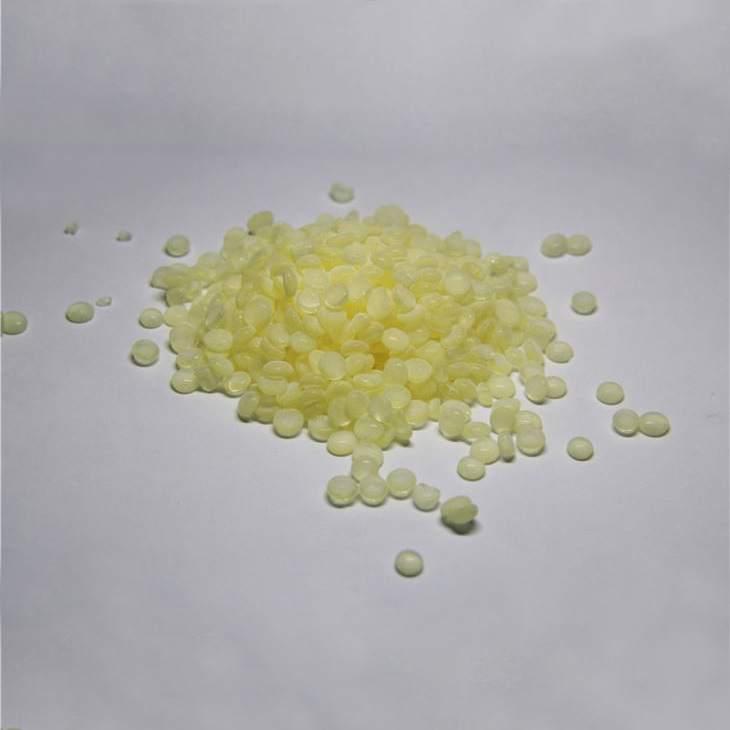What Are Petroleum Resins and Why Are They Important in Industrial Applications?
2025-06-25
Petroleum resins are synthetic resins derived from the polymerization of petroleum-based hydrocarbons, mainly C5 and C9 fractions obtained during the refining process. They are widely used in various industries due to their excellent adhesive properties, compatibility with other materials, and ability to improve performance in numerous products.

What Are Petroleum Resins?
Petroleum resins are amorphous thermoplastic materials produced through the polymerization of olefin and aromatic hydrocarbons. They come in different types, primarily classified based on their raw material source: C5, C9, and C5/C9 copolymer resins. These resins are typically colorless or light amber solids with tackifying and binding characteristics.
Key Features and Benefits
Adhesion: Enhance the stickiness and bonding strength of adhesives.
Compatibility: Mix well with rubber, plastics, and oils.
Thermal Stability: Maintain performance under heat.
Flexibility: Improve flexibility and elasticity in formulations.
Cost-Effective: Provide performance benefits at a reasonable cost.
Chemical Resistance: Resist degradation from chemicals and environmental factors.
Common Applications of Petroleum Resins
Adhesives and Tapes: Used as tackifiers to improve adhesion in hot melt and pressure-sensitive adhesives.
Rubber Industry: Enhance the grip, tack, and flexibility of tires and footwear.
Paints and Coatings: Improve gloss, flow, and drying times.
Printing Inks: Enhance ink adhesion and durability.
Road Markings: Provide fast drying and strong adhesion to pavement.
Plastic Modification: Improve impact resistance and surface properties.
Types of Petroleum Resins
C5 Petroleum Resins: Derived from piperylene and isoprene, known for good compatibility with rubber.
C9 Petroleum Resins: Derived from aromatic hydrocarbons like styrene, offering excellent adhesion and compatibility with plastics.
C5/C9 Copolymer Resins: Combine properties of both types, offering balanced performance.
How to Choose the Right Petroleum Resin
Application Requirements: Adhesion, flexibility, heat resistance, etc.
Compatibility: With base materials like rubber, plastic, or adhesives.
Molecular Weight and Softening Point: Affect processing and final properties.
Color and Purity: Depending on aesthetic and performance needs.
Conclusion
Petroleum resins are versatile and vital additives that enhance the performance and durability of a wide range of industrial products. Their unique properties make them indispensable in adhesives, rubber, coatings, and other applications, contributing to product quality and cost efficiency.


